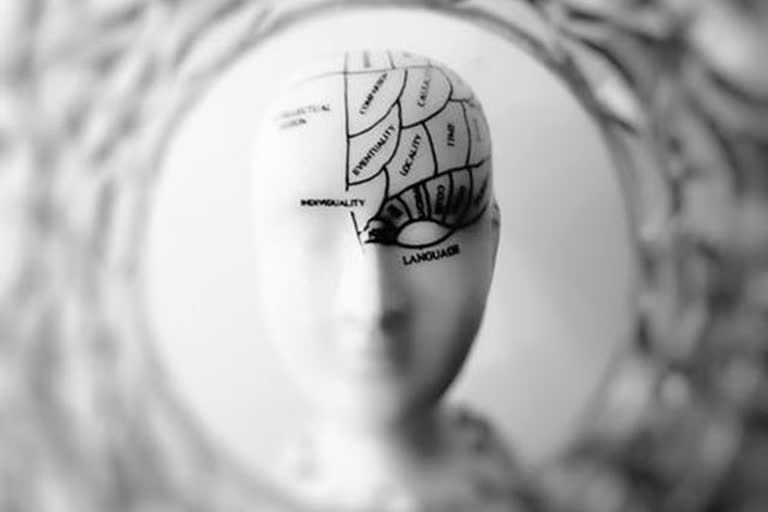Researchers at the University of Zurich in Switzerland noted that when donating money to a charity or doing volunteer work, we put someone else's needs before our own and forgo our own material interests in favour of moral values.
Studies have described this behaviour as reflecting either a personal predisposition for altruism, an instrument for personal reputation management, or a mental trade-off of the pros and cons associated with different actions.
The study, published in the journal eLife, investigated the neurobiological origins of unselfish behaviour.
The researchers focused on the right Temporal Parietal Junction (rTPJ), an area of the brain that is believed to play a crucial role in social decision-making processes.
To understand the exact function of the rTPJ, they engineered an experimental set-up in which participants had to decide whether and how much they wanted to donate to various organisations.
Through electromagnetic stimulation of the rTPJ, the researchers were then able to determine which of the three types of considerations -- predisposed altruism, reputation management, or trading off moral and material values -- are processed in this area of the brain.
They found that people have a moral preference for supporting good causes and not wanting to support harmful or bad causes.
However, depending on the strength of the monetary incentive, people will switch to selfish behaviour.
